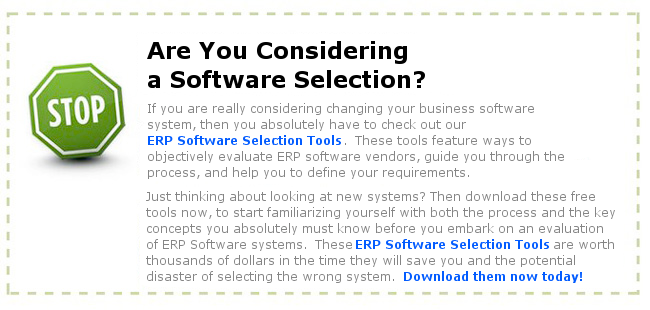It was announced on March 11th that Infor is attempting a takeover of Lawson. Quite a bid it is at 1.84B.
It sounds like Lawson would benefit from a shareholders perspective and that Infor would benefit from new markets. But where does this leave Lawson’s customers? In a difficult spot. On the surface, it appears that Lawson is doing this for shareholder value and not to directly gain anything on behalf of the customers.
On the other hand, being under Infor’s umbrella of a multitude of products may hurt them in the short term, but as with other products such as Syteline, they may see significant product improvements a few years out.
To date though, we are not sure what Infor’s end goal is with so many varied products. They seem to have a complex mass of varying solutions, and none of them have been a real standout in the market since being purchased by Infor. Yes, they are still selling licenses, but in our eyes none of the acquisitions have the buzz and excitement they once had as independent companies. It will be interesting to see how Lawson fares if this takeover goes through and they are “assimilated”.
![]()
You can read the details here:
Infor Makes Unsolicited $1.84B Bid for ERP Vendor Lawson
By Chris Kanaracus, IDG News
